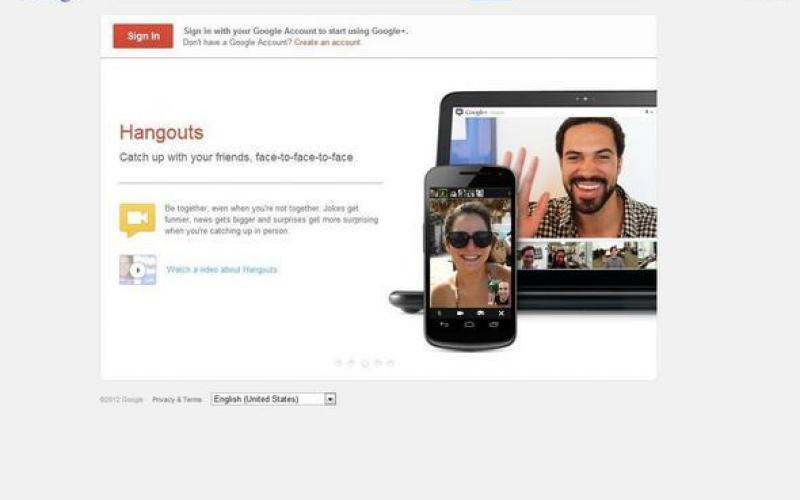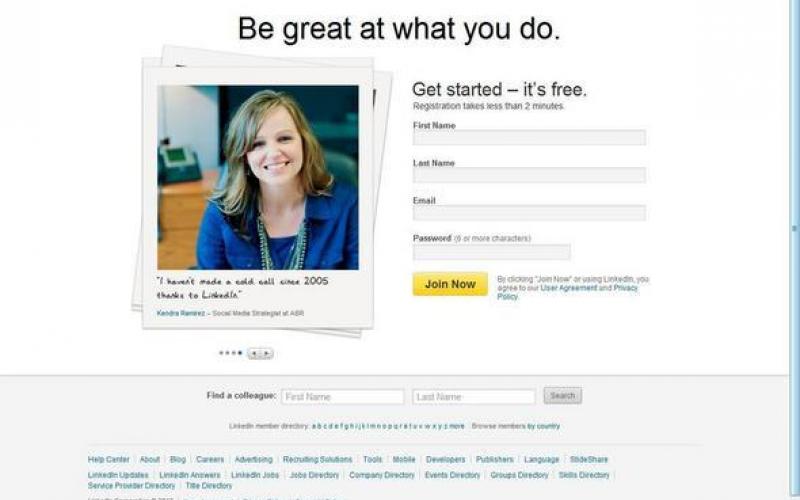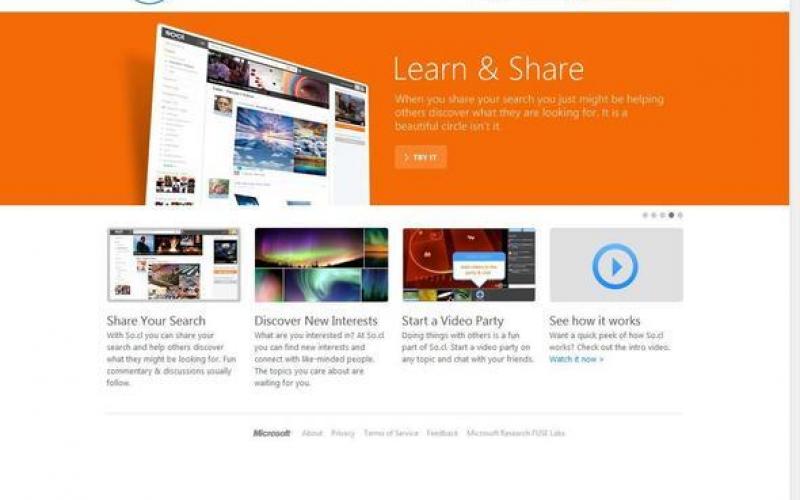On Thursday, Facebook
reported earnings for the first time since its initial public offering in May -- $1.18 billion in revenue, up 32% from last year.
Claiming 955 million monthly active users, more than half of whom log in every day, Facebook has a lot to crow about. But, with its disappointing performance out of the IPO gate, it still has a lot to prove financially. It also has a lot to prove to its users, who show signs of what many are calling Facebook fatigue. There's no doubt that, despite its missteps, Facebook will remain a social network juggernaut that will touch and affect pretty much everything and everyone, but its competitors are increasingly drawing new users and increased participation.
According to the American Customer Satisfaction Index (ACSI) E-Business Report, released on July 17, Facebook has seen the biggest drop in customer satisfaction among e-businesses, dropping 8%, to 61 on a 100-point scale. Google+, meanwhile, scored a 78. The report notes that user satisfaction with Google+ may be attributed to a lack of traditional advertising and a strong mobile solution, two things that Facebook has long been dinged for not having.
Facebook users have also shown dissatisfaction with changes to the Facebook interface--most notably, the new Timeline--as well as with privacy issues. Recently, Facebook got users in an uproar when it made Facebook email the default in in user profiles.
The ACSI report notes that, as a category, social media is down 1.4% to 69. The study broadening the number of companies it measured this year to include for the first time Google+, Pinterest (which scored a 69 on ACSI's scale), (which scored 63) and Twitter.com (scoring 64).
In a May 2012 New Yorker column, Steve Coll put forth what he believes is Facebook's big dilemma:
"[Facebook CEO Mark] Zuckerberg's business model requires the trust and loyalty of his users so that he can make money from their participation, yet he must simultaneously stretch that trust by driving the site to maximize profits, including by selling users' personal information. The IPO...will exacerbate this tension: Facebook's huge valuation now puts pressure on the company's strategists to increase its revenue-per-user. That means more ads, more data mining, and more creative thinking about new ways to commercialize the personal, cultural, political, and even revolutionary activity of users."
It was all too much for Coll, who, after some searching, found and used the "deactivate" button on Facebook.
There's no hard evidence that users are leaving Facebook in droves, or even in dribs and drabs (if not by deactivating their accounts but through no or little activity on the site). But it's clear that Facebook is at a crossroads, and it's also clear that its competition is not standing still in the meantime.
In this slideshow, The BrainYard looks at the public social networks that are ready, willing and--for the most part--able to fill in some of Facebook's notable gaps.
NASDAQ opening bell photo by Zef Nikolla, courtesy of Facebook














